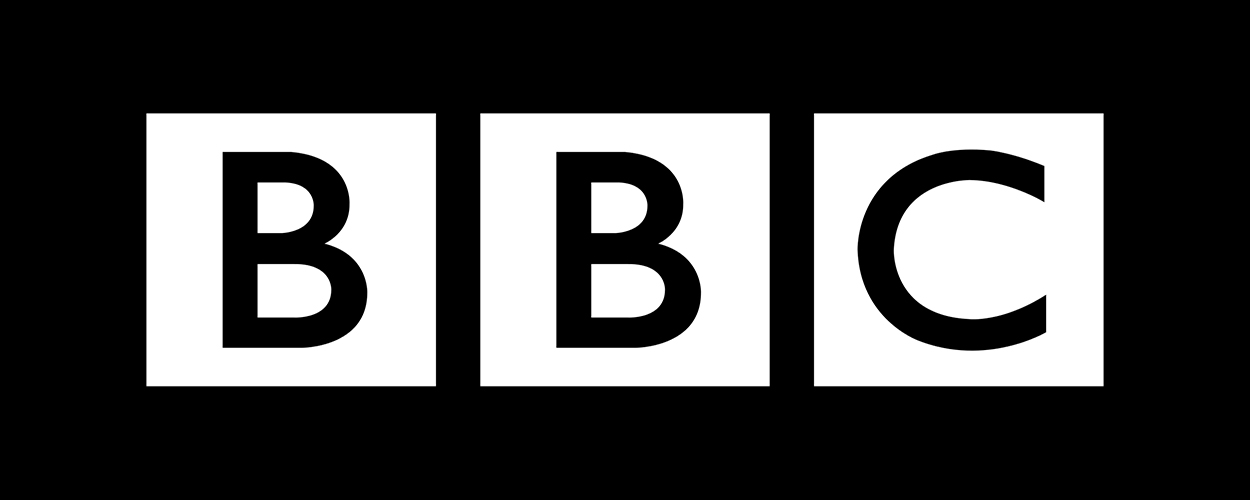This website uses cookies so that we can provide you with the best user experience possible. Cookie information is stored in your browser and performs functions such as recognising you when you return to our website and helping our team to understand which sections of the website you find most interesting and useful.
Business News Media
BBC isn’t doing enough to connect with younger audiences, reckons OfCom
By Chris Cooke | Published on Friday 26 October 2018

The BBC isn’t “doing enough, quickly enough” to ensure it is engaging younger audiences in this here Netflixy, YouTubey, Snapchatty, Instagrammy quick-here-is-a-pointless-video-of-someone-doing-something-stupid-lip-sync-an-opinion-on-that-why-don’t-you age. That’s the conclusion of media regulator OfCom in its first big review of the Beeb, a report it will now be publishing annually since taking over regulation of the Corporation last year.
The report acknowledges that – despite rampant changes in the way people consume media and entertainment content in the digital age, and the plethora of new content services now competing with legacy players – “the BBC continues to play a central role across TV, radio and online platforms”. Plus “audience satisfaction with the BBC remains relatively high”.
According to OfCom’s research, 90% of adults in the UK access at least some BBC content each week, and the average person is consuming in the region of two hours and 45 minutes of BBC stuff each day. But for 16-34 year olds, that average daily consumption level drops to one hour and 20 minutes. And the number of people in that age bracket consuming no BBC content at all is also slightly higher than for the population at large, at 12.5% instead of 10%.
OfCom acknowledges that the lower engagement with younger consumers is the result of general shifts in the market, though it reckons that many commercial media companies are more effectively rising to the challenge of staying relevant to the younger demographic. It added that the young people it surveyed felt the BBC was too reliant on conventional formats and too focused on older audiences. And even BBC Three, the online channel specifically targeted at younger people, was only reaching 8% of the 16-34 age group.
In an open letter to BBC boss Tony Hall, OfCom chief Sarah White said the BBC “is not currently doing enough, quickly enough, to reach young people, who are critical to its future success. It needs to take significant steps to address this issue, to ensure it delivers content that appeals in ways that suit and reflect young people’s viewing and listening habits”.
Responding to those remarks, a BBC spokesperson told The Guardian that the Corporation recognised the challenge, but was nevertheless out-performing its newer rivals in this domain. “Young people spend more time with the BBC than any other media provider including YouTube, Spotify or Netflix”, said spokesperson bragged.
“But”, they went on, “it’s an incredibly competitive market and young people have far more choice today than previous generations. We want to ensure that everyone gets value from the BBC, and this is why we’ve said we want to reinvent the BBC for a new generation by investing in BBC Three, children’s and young people’s services, improving BBC iPlayer and launching the BBC Sounds app”.
Other areas where OfCom reckons there is room for improvement at the BBC include it becoming much more transparent about its working practices, taking more risks with original programming, and doing more to truly represent and portray the whole of UK society. You can access OfCom’s report here.





